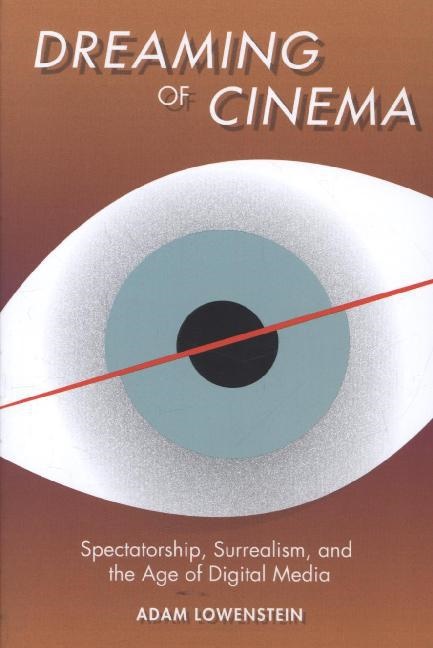Ulteriori informazioni
Video games, YouTube channels, Blu-ray discs, and other forms of new media have made theatrical cinema seem old. A sense of cinema lost has accompanied the ascent of digital media, and many worry films special capacity to record the real is either disappearing or being fundamentally changed by new medias different technologies. The Surrealist movement offers an ideal platform for resolving these tensions, undermining the claims of cinemas crisis of realism and offering an alternative interpretation of films aesthetics and function. The Surrealists never treated cinema as a realist medium and understood our perceptions of the real itself to be a mirage. Reading the writing, films, and art of Luis Buñuel, Salvador Dalí, Man Ray, André Breton, André Bazin, Roland Barthes, Georges Bataille, Roger Caillois, and Joseph Cornell, and tracing their influence in the films of David Cronenberg, Nakata Hideo, and Atom Egoyan
Sommario
List of IllustrationsAcknowledgmentsIntroduction: Cinema as Digital Dream Machine1. Enlarged SpectatorshipFrom Realism to Surrealism: Bazin, Barthes, and The (Digital) Sweet Hereafter2. Interactive SpectatorshipGaming, Mimicry, and Art Cinema: Between Un chien andalou and eXistenZ3. Globalized SpectatorshipRing Around the Superflat Global Village: J-Horror Between Japan and America4. Posthuman SpectatorshipThe Animal in You(Tube): From Los olvidados to "Christian the Lion"5. Collaborative SpectatorshipThe Surrealism of the Stars: From Rose Hobart to Mrs. Rock HudsonAfterword: Marking Cinematic TimeNotesBibliographyIndex
Info autore
Adam Lowenstein is associate professor of English and film studies at the University of Pittsburgh, where he also directs the film studies program. He is the author of Shocking Representation: Historical Trauma, National Cinema, and the Modern Horror Film.
Relazione
"This book adds a much needed perspective to the intellectual history of ideas about cinema as a medium. Lowenstein turns technological teleology on its head, arguing that new media studies urgently needs a theory of cinema-both what it was and what it continues to be." - Karl Schoonover, University of Warwick

